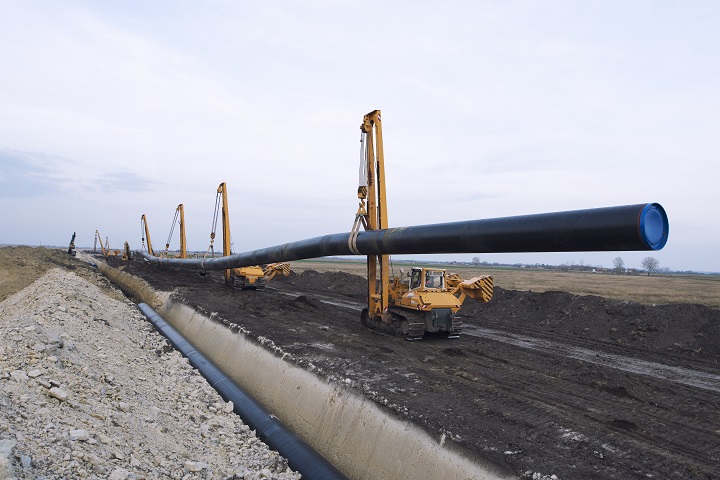 The oil and gas industry combined is one of the biggest consumers of the pipe industry. But there are so many differences between the pipes for oil and the pipes for gas. In this article, we will explore these differences so that it becomes easier for you to state your requirements when you contact your oil pipe supplier.
The oil and gas industry combined is one of the biggest consumers of the pipe industry. But there are so many differences between the pipes for oil and the pipes for gas. In this article, we will explore these differences so that it becomes easier for you to state your requirements when you contact your oil pipe supplier.
The Key Differences between Oil and Gas Pipelines
The Difference in Pump Mechanism
Natural gas and oil pipelines have completely different pumps to power them. The oil pipelines have centrifugal pumps that increase the fluid pressure in the source or upstream areas. Because of the increased pressure, the fluid flows down the channel and reaches its designated destination. But things are entirely different in the case of natural gas pipelines. Here a compressor is installed that squeezes all the air out of a specific pipe compartment. Because of this vacuum, the gas in the pipes will start to move toward this hollow space.
Difference in Capacities
Whenever you visit an industrial pipe supplier, they ask about your needs. As gas and oil pipes have different capacities, your answer to this question will affect the pipe density you get. For example, if you need lines for crude oil projects, your pipe will not have to put additional pressure on the substance inside. But that will not be the case with natural gas lines.
The Difference in Temperature requirement
There are significant differences in temperature requirements for gas and oil pipe suppliers. In the case of crude oil, you need to ensure the pipes do not get clogged. So, pipe suppliers use tubes with higher temperatures for jobs like this. At the same time, gas pipes do not require as much temperature as crude oil. So those pipes are entirely different from oil pipelines.
The Difference in Effect on the Environment
If a crude oil pipe leaks, it can harm the environment. But that is not the case with natural gas pipes. Even after a leakage or two, they barely affect the environment.
Things to Consider before Contacting an Oil Pipe Supplier
By now, you know the primary difference between the two types of pipes. But buying the pipes shouldn’t be your immediate decision. Before you do that, we want to tell you a few things you must consider. It will help you a lot.
- The first thing to emphasize is what you will transport in the pipe. In the previous section of the article, you have already seen how much the differences can be depending on the type of substance undergoing transportation. That is why you must clearly understand that substance to make the right decision.
- The temperature and pressure of the liquid or gas are also critical. The perfect pipes for you may differ because of your answer to these questions.
- You also need to find pipes that are easy to maintain. No matter what type of pipes you purchase, the pipes’ maintenance will always matter.
Go International with International Pipe
There are undoubtedly some differences between oil pipes and natural gas pipelines. However, find a good pipe supplier for the best quality pipes for your project. And when you are looking for a reputable gas and oil pipe supplier, International Pipe is the most obvious choice. Here you can choose the best pipes for your project and empower it. Avoid waiting any longer. Call us now to learn more about our products and prices.
